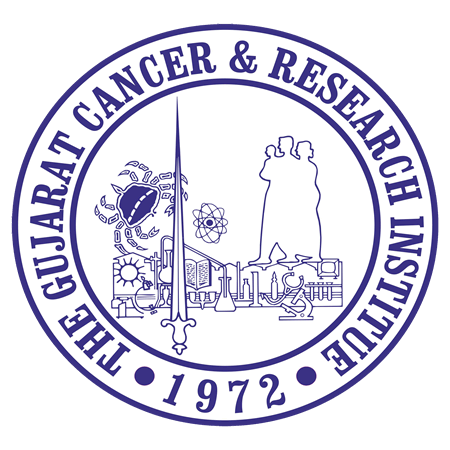We serve multiple verticals in various aspects of the industry.

The Healthcare sector generates a lot of critical records. The Pharmaceutical companies are highly regulated and are mainly operating in a highly regulated environment of developed countries. Research records generated are mostly based on years of patient history as well as large amounts of investments which organizations have to make which make them extremely important. Moreover for the medical profession Patient records are critical and it is important to manage them efficiently.
- IPD/OPD patient files
- Research records
- General & Administrative records
- Crucial Manufacturing & Process flow records for CROs





IPD/OPD Patient Files
These are documents that record all patient-related interactions carried out during the course of a clinical trial or study. They outline the participant’s medical history, treatments administered, observations made, and any adverse events that occur.
These records help you track patient progress, ensure protocol compliance, and protect patient safety throughout the study.
They include essential details such as how patients were consented, what investigational products were given, what procedures were followed, and how the patient responded to the treatment
Research Records
Research records are documents that outline the full scope of the research or clinical trials your CRO is involved in. They highlight the design of the study, what data is collected, how it is managed, monitored, and reported.
These records also identify risks (or deviations) associated with the study and describe how these risks are controlled, monitored, and what corrective action is taken if something goes wrong.
They must be written down, regularly updated, and retained so they can be reviewed by sponsors, auditors, or regulatory authorities during inspections or audits.





General & Administrative Records
These are the documents that support the daily running of your CRO. They include standard operating procedures (SOPs), training logs, contracts, staff certifications, and financial records.
Such records are important because they demonstrate how your organization operates in a compliant, ethical, and efficient manner.
You must keep them in place permanently, ensure they’re kept up to date, and review them whenever your internal operations change — such as hiring new staff, changing vendors, or updating your SOPs.
Crucial Manufacturing & Process Flow Records
These records document all formulation, manufacturing, packaging, and testing steps carried out by your CRO, particularly during bioavailability (BA) or bioequivalence (BE) studies.
They include hazard identification (e.g., contamination risks), how those risks are controlled (e.g., cleanroom practices), how controls are monitored (e.g., equipment logs), and what to do if production deviates from the approved process.
These documents must be created, maintained, and updated regularly. They are critical for regulatory audits and to show that investigational products were handled under Good Manufacturing Practice (GMP) standards.
